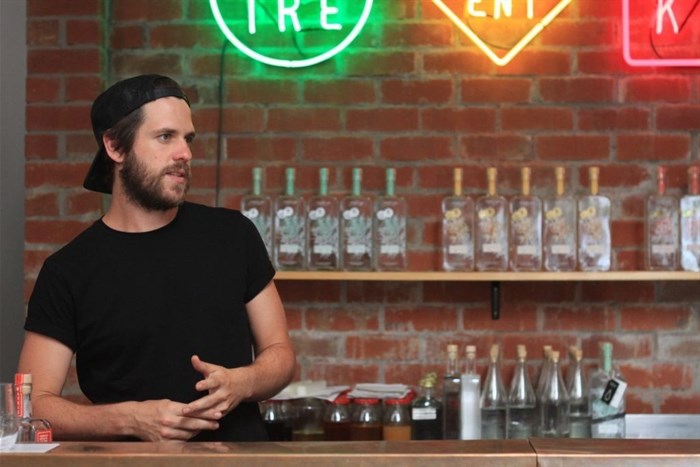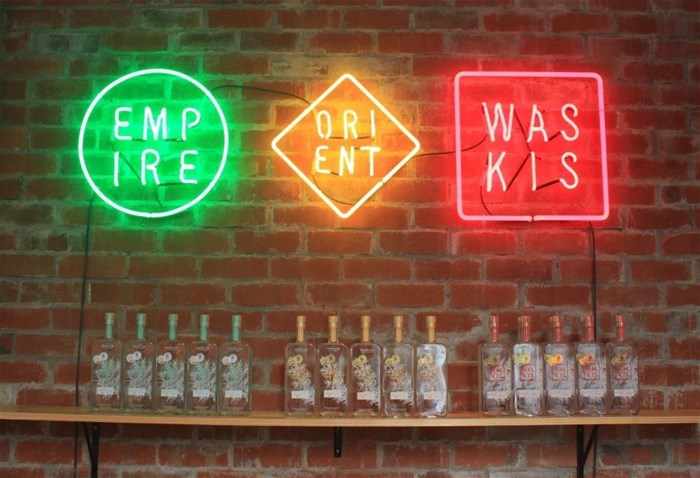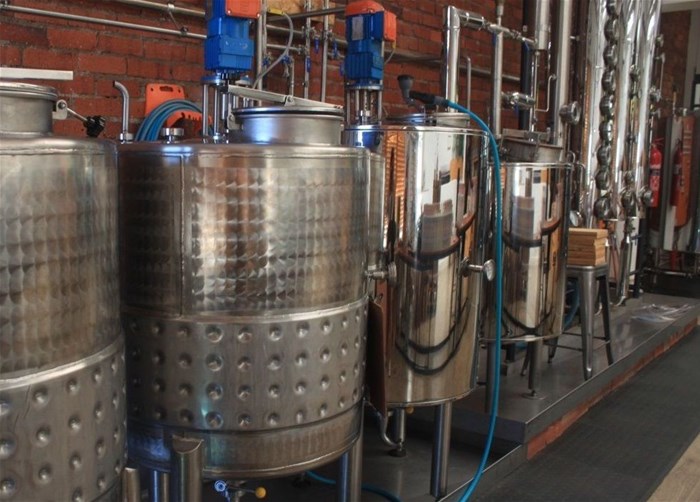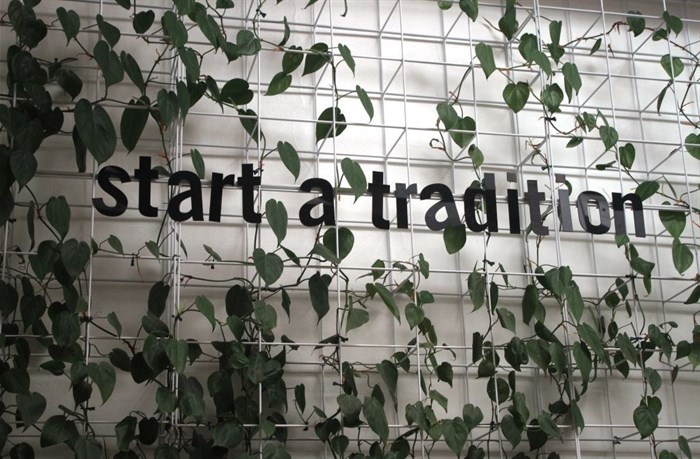
Top stories

Marketing & MediaAds are coming to AI. Does that really have to be such a bad thing?
Ilayaraja Subramanian 4 hours





More news
















Surprising though, that may be; I will be the first to admit that he certainly appears to know what he is doing, but as a journalist and gin connoisseur, I go based on more than appearances and rely instead on the various awards that both gins and the vodka have received - but it was not just their smooth alcohol that caught my attention.
What stood out for me the most was the pure lack of pretentiousness about Andre Pienaar.
You would expect someone who had been a successful SA celeb and a seriously good distiller to have some sort of attitude, but you would be mistaken. He is one of the most laid back guys I have ever met.
I must be honest that when I initially contacted the distillery, I thought I would be meeting Mr Pienaar Senior but it turns out that his contribution to the business is far more technical. Having been a master distiller himself, with 40 years of experience among spirit heavyweights such as Bains whiskey; his experience with enormous stills meant that he could easily contribute to the Pienaar and Son distillery without too much heavy lifting.

The distillery itself does not have the height for lengthy distilling columns; so instead, Mr Pienaar Senior engineered a collection of interconnected columns and stills. I paid as much attention as I could, while Andre explained the process to me which I understood for the most part, but there were times I was lost in the technicality of it all.
What I could comprehend was that the latticework of stills function in a high-pressure system whereby once you begin to add any components, you have to begin taking off. This means that the heads, hearts and tails are all created at the same time once the mash is added. The steam comes off at a lower temperature and rises all the way to the top of the still. While the mash gets hotter, the hearts would be in the middle of the still and finally, the tails would be closer to the bottom which they then have to start taking off.
Something that Andre said in passing stuck out for me significantly; having studied chemical engineering as well, his description of the distillation process, and entering into this type of venture, was that: "It just made sense to me." Armed with his personal knowledge and understanding and his father’s experience, pursuing distillation was the next sensible step in life.
Pienaar and Son do produce their own spirits from a maize mash, but Andre realised that the pure alcohol coming off the still was such a good quality that it was in a sense "wasted" on the gin.
The thing about vodka is that it has nothing to hide behind, which is the premise of the Waskis vodka (named after his mother’s Latvian heritage). You cannot add any additional sugars or flavours to make it better if you screw it up.
Andre recognised that the spirits coming off the stills was of such a high standard that it would make more sense to keep the bulk of it for vodka and use the remaining for gin. This meant that some neutral spirits would have to be brought in, making for the final proportions of a 50/50 base for the gin.
The alcohol proof that Andre uses for his gin is around 96% but the moment it goes up to 96.4%, it is used purely for vodka. As one would anticipate, these measurements are so precise that a special alcohol meter is required.
Once taken off, the vodka is ready to be diluted and bottled.
The gin, however, goes through one final distillation where the botanicals are either suspended above the spirits or steeped inside like a teabag depending on the gin make.

My personal favourite is the orient gin which is spiced and contained botanicals of cinnamon and orange. You can watch how I tried to match those spicy botanicals up with masala and pineapple here. You can also check out my footage of the distillery.
The empire gin is very aromatic, strong on the palette and inspired by the traditional London dry style.
Andre purchases most of his botanicals at local markets but as with almost all distillers, the juniper and angelica are imported.
Following their motto "Start a Tradition", Pienaar and Son have made some bold choices of late. With the drought still affecting Cape Town, Andre figured out a clever way to help save water.
I introduce to you, the drought edition gins.

Gin comes off the still at 80% proof, at which point water is added to dilute and bring it down to 43%. This process requires about 200 litres of water, which, as you can imagine, is not very water-wise. Pienaar and Son have decided to forgo the dilution step and bottle their drought edition gin at 80% proof which means that they are not only saving water, but offering consumers more bang for their buck. One single shot of the special edition is equal to a double of the regular, which technically means that you get double the gin in one bottle.
I personally love the idea (and not only because I am gin obsessed) but because any creative thinking to help contribute to the environment is worth supporting. For your special bottle of gin or vodka, visit their website.
